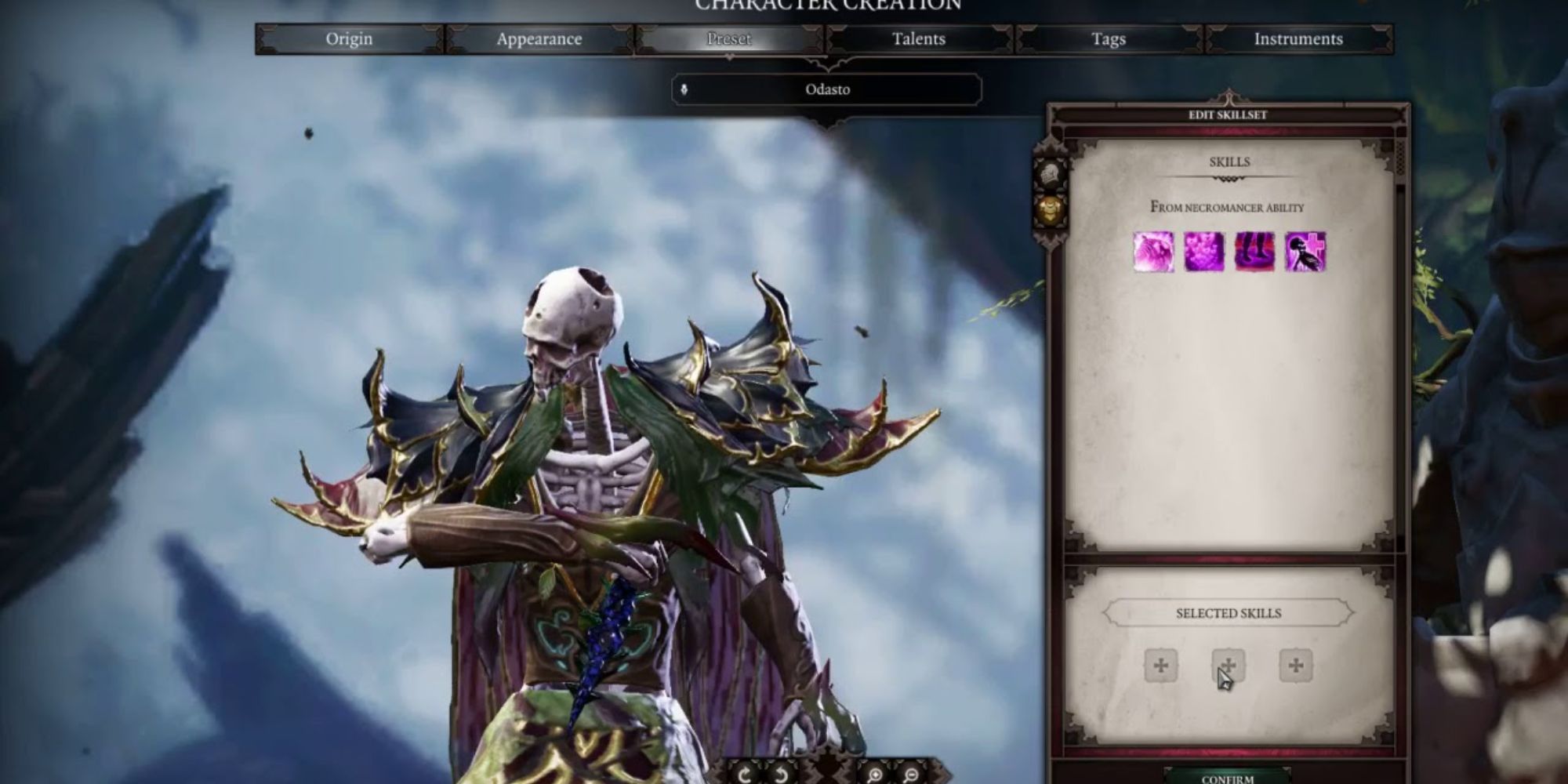

The gods’ blessing was given instead to the new ruler under the Zhou Dynasty, which would rule China for the next 800 years. In other words, the Zhou believed that the Shang kings had become immoral with their excessive drinking, luxuriant living, and cruelty, and so had lost their mandate. The Zhou claimed that their rule was justified by the Mandate of Heaven. Instead, rulers were expected to be good and just in order to keep the Mandate. The Mandate of Heaven did not require a ruler to be of noble birth, and had no time limitations. The Chinese Character for “Tian”: The Chinese character for “Tian,” meaning “heaven,” in (from left to right) Bronze script, Seal script, Oracle script, and modern simplified. The Zhou established authority by forging alliances with regional nobles, and founded their new dynasty with its capital at Fenghao (near present-day Xi’an, in western China). They largely had the support of the Chinese people: Di Xin (the final king of the Shang Dynasty) had become cruel, spent state money on drinking and gambling, and ignored the state. This was a battle between Shang and Zhou clans, over the Shang’s expansion.


In 1046 BCE, the Zhou, a subject people living in the western part of the kingdom, overthrew the Shang Dynasty at the Battle of Muye.

Good rulers were allowed to rule under the Mandate of Heaven, while despotic, unjust rulers had the Mandate revoked.


 0 kommentar(er)
0 kommentar(er)
